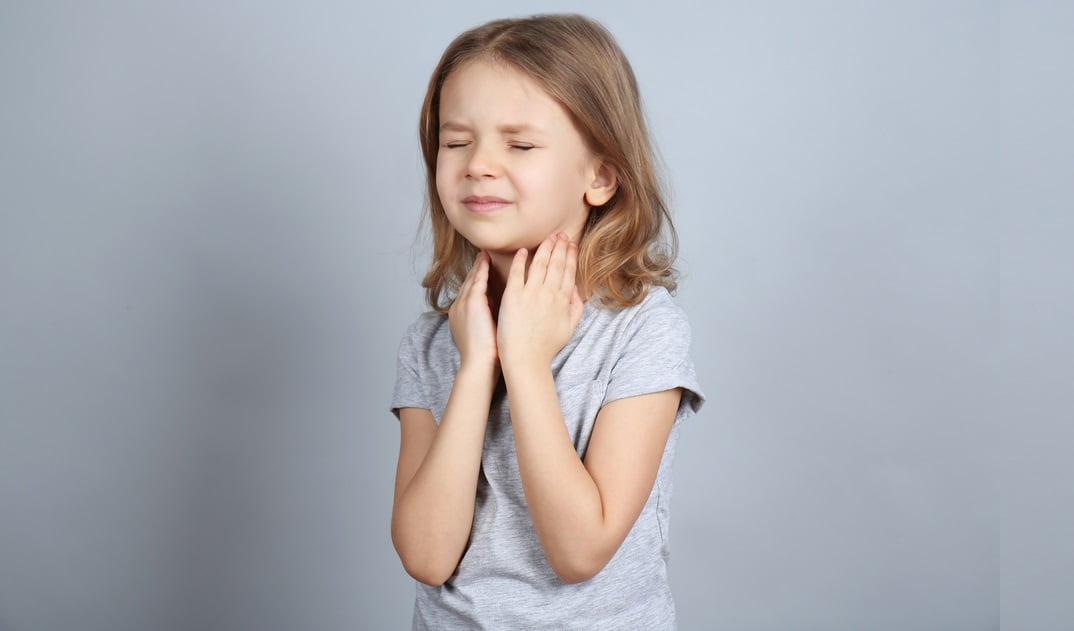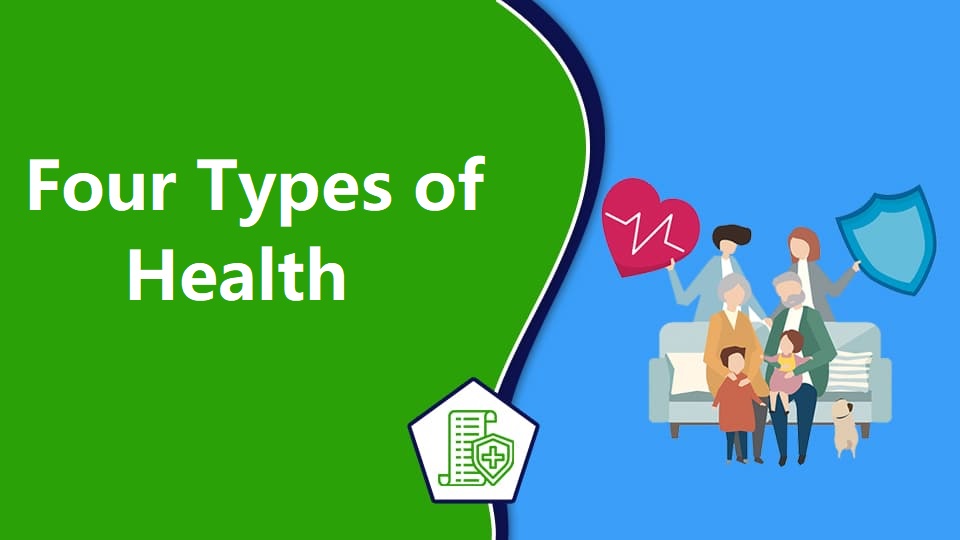Sore Throat Remedies for Kids | Care Instructions at Home 2025

As a parent, it’s tough to see your child suffer from a sore throat. A sore throat can make it painful for kids to swallow or talk, and leave them feeling miserable. The good news is that there are many natural remedies and over-the-counter medications you can try at home to help soothe your child’s sore throat pain and help them feel better faster.
Symptoms of Sore Throat in Kids
Some common symptoms of a sore throat in children include:
- Pain or irritation in the throat that worsens when swallowing or talking
- Swollen, red tonsils
- Painful or tender lymph nodes in the neck
- Fever
- Headache
- Rash
- Nausea or vomiting, especially in younger children
- Loss of appetite
- Coughing or hoarseness
Sore throats in kids are often caused by viral infections like colds, flu, or mononucleosis. Bacterial infections like strep throat are less common. It’s a good idea to call the pediatrician if your child’s sore throat symptoms last more than 2 days or are accompanied by high fever, pus on the tonsils, rash, vomiting, or severe pain.
Home Remedies for Sore Throat Pain Relief

Hydrate with Water, Tea, or Popsicles
Keeping your child well hydrated is key when they have a sore throat. Cool water, warm broth, herbal tea, or frozen popsicles can help soothe throat pain and prevent dehydration. Good options include chamomile tea with honey, mint tea, ginger tea, chicken broth, and fruit or yogurt popsicles. Avoid citrus juices if they sting.
Humidify the Air
Dry air can irritate a sore throat, so use a cool mist humidifier or vaporizer in your child’s room when they sleep. This adds moisture back to the air and can help them breathe and rest more easily.
Saltwater Gargle
Have your child gargle with warm salt water 2-3 times per day. Saltwater reduces throat swelling and washes away irritants like mucus or saliva that can trigger throat pain. Use 1/2 teaspoon salt dissolved in an 8-ounce glass of warm water. Have younger kids “swish and spit” instead of full-on gargling.
Soothe With Warm Liquids
Drinking warm liquids can temporarily ease sore throat discomfort and pain. Good options include warm herbal tea with honey, warm apple juice, warm milk with honey, chicken soup or broth, and warm lemon water with honey. The heat helps relax throat muscles while the liquid coats and soothes the irritated tissues.
Use Throat Lozenges or Sprays
Over-the-counter throat lozenges or oral sprays with benzocaine or phenol can temporarily numb and soothe sore throat pain in older children. This makes swallowing easier. Look for sugar-free options and don’t exceed dosage limits. Avoid giving lozenges to young children who may choke on them.
Try Over-the-Counter Pain Relievers
Children’s acetaminophen or ibuprofen can reduce throat pain and fever. Follow the dosing instructions carefully based on your child’s age and weight. Never give aspirin to children under 12 due to the risk of Reye’s syndrome.
Use a Humidifier
Run a cool-mist humidifier or vaporizer in your child’s bedroom at night to add moisture back to dry air, which can irritate a sore throat. This helps soothe irritation so they can rest more easily.
Offer Cold or Frozen Treats
Sucking on popsicles, ice chips, or ice lollies can briefly numb throat pain. The cool temperature reduces inflammation. Stick to fruit, yogurt, or juice-based options. Avoid citrus flavors if they sting.
Avoid Irritants
Steer clear of irritants that can aggravate your child’s throat pain. This includes smoke, strong fragrances, dry air, yelling or straining their voice, and chlorinated swimming pools.
Medications for Sore Throat Relief
In addition to home remedies, the following over-the-counter medications can help relieve a child’s sore throat pain and discomfort. Always follow dosing instructions carefully and check with your pediatrician if symptoms persist or worsen.
Acetaminophen or Ibuprofen
These over-the-counter pain relievers, like Tylenol or Advil, are effective at reducing throat pain and fever in children. Give the proper dose for your child’s weight and age every 4-6 hours as needed. Do not give aspirin to children under 12.
Benzocaine Throat Sprays or Lozenges
Sprays like Chloraseptic or lozenges containing benzocaine or phenol can temporarily numb sore throat pain in older children. This provides quick relief that lasts for 30 minutes to an hour. Don’t exceed dosage limits.
Ice Chips, Popsicles, or Throat Coat Tea
Sucking on ice, popsicles, or sipping Throat Coat herbal tea can temporarily coat and soothe an irritated sore throat. The cold temperature helps reduce swelling and inflammation, too.
Children’s Ibuprofen
Ibuprofen (Advil, Motrin) reduces inflammation that causes throat pain and discomfort. It also lowers fever. Give the appropriate dose based on your child’s weight and age every 6-8 hours as needed.
Chloraseptic Spray
This OTC numbing spray contains phenol and benzocaine to relieve sore throat pain on contact for temporary relief. Spray on the back of the throat as needed up to every 2 hours in children over 6 years old.
Cepacol Sore Throat Lozenges
Cepacol contains benzocaine to numb sore throat pain and has a mouthwash-like flavor that kids like. Let the lozenges slowly dissolve. Don’t chew or swallow. Use caution in young children due to choking risk.
Oragel or Anbesol
These gels can be applied directly to the sore area to numb pain temporarily. Use cotton swabs for direct application on mouth sores or swollen tonsils as needed for children over age 2.
Children’s Tylenol
Tylenol (acetaminophen) is effective at reducing fevers and minor aches and throat pain. Give the proper dose for your child’s age and weight every 4-6 hours as needed, up to 5 doses in 24 hours.
Cough Syrup or Throat Spray
Over-the-counter cough syrups and throat sprays often contain numbing ingredients like benzocaine to temporarily soothe throat discomfort. Children ages 4-5 can use Kids Throat Relief (Benzocaine) spray.
Lifestyle and Diet Tips for Sore Throat Relief
Making certain lifestyle changes and diet modifications can help relieve your child’s sore throat symptoms and promote healing:
Increase Fluid Intake
Keep your child well hydrated with water, broth, herbal tea, milk, or electrolyte popsicles. Avoid citrus, caffeine, and alcohol, which can further irritate.
Use a Humidifier
Run a cool-mist humidifier or vaporizer in your child’s room at night. This adds needed moisture to the air and can soothe throat irritation.
Avoid Smoke and Chemicals
Keep your child away from smoke, strong fragrances like perfumes or candles, and chlorinated pools, as these can re-aggravate throat pain and coughing.
Rest Their Voice
Encourage voice rest by avoiding yelling, singing, and whispering,,g which strain the vocal cords. Have them communicate through writing or quiet talking instead.
Eat Softer Foods
Stick to smoothies, soups, yogurt, gelatin, and mashed potatoes. Avoid coarse, dry, or sharp foods that could scratch or irritate the throat.
Stay Warm
Dress your child in layers and keep their room comfortably warm and humidified. Exposure to cold, dry air can exacerbate throat pain and coughing.
Control Coughing
Cough drops, throat lozenges, tea with honey, and humidified air can help control cough, which further aggravates throat pain.
When to Call the Pediatrician
Contact your child’s doctor if their sore throat is accompanied by:
- High fever over 102°F
- Excessive drooling in infants
- Difficulty breathing or swallowing
- Rash
- Headache or stiff neck
- Pus on the tonsils
- Severe pain that worsens or persists > 2 days
- Age under 2 with a sore throat and fever
- Exposure to strep throat in family/classmates
Seek medical attention immediately if your child has trouble breathing. Prompt treatment is key for preventing complications from bacterial infections like strep throat. Call the pediatrician if you have any concerns about your child’s sore throat symptoms or if they are not improving with home treatment.
Read More: Best Supplements for Dry Eyes
FAQs About Sore Throat Remedies for Kids
Q. What is the fastest way to get rid of a sore throat for a child?
Some of the quickest-acting sore throat remedies for kids include salt water gargles, throat sprays, cold treats like popsicles, and OTC pain relievers like children’s acetaminophen or ibuprofen. Getting adequate rest and staying hydrated also helps speed up healing.
Q. What kind of juice is good for a sore throat?
The best juices for sore throats are cool,l cear juices like apple juice, grape juice, or watered-down pineapple juice. Avoid citrus juices like orange juice or lemonade, as the acidity can further irritate. Warm tea with honey is also very soothing.
Q. How can I ease my child’s sore throat pain at night?
Ways to help your child sleep better with a sore throat include elevating their head with pillows to aid drainage, running a humidifier, giving a dose of ibuprofen or acetaminophen before bed, offering cold items like ice pops to suck on, and making sure the room is a comfortable temperature.
Q. What should you avoid eating when you have a sore throat?
Foods to avoid with a sore throat include spicy, salty, acidic, and crunchy or scratchy items, which can further irritate the throat. Stick to smooth, cool, and soft foods like yogurt, soup, eggs, mashed potatoes, gelatin, ice cream, and popsicles.
Q. Can I give my child cough drops for a sore throat?
Throat lozenges and cough drops should be avoided in very young children under age 4 due to choking risk. Use caution with kids ages 4-6, too. Look for lozenges formulated for children and avoid medicated varieties. Supervise use and don’t let them chew or bite lozenges.
Conclusion
Sore throats are very common in kids and can make them feel miserable. Fortunately, there are many effective at-home remedies you can try to relieve your child’s throat pain, inflammation, and discomfort until the feeling better. From OTC medications to natural remedies and diet changes, use these comprehensive tips and care instructions to help soothe your child’s sore throat. Make an appointment with the pediatrician if severe, lasting, or concerning symptoms arise to get proper treatment and care.



